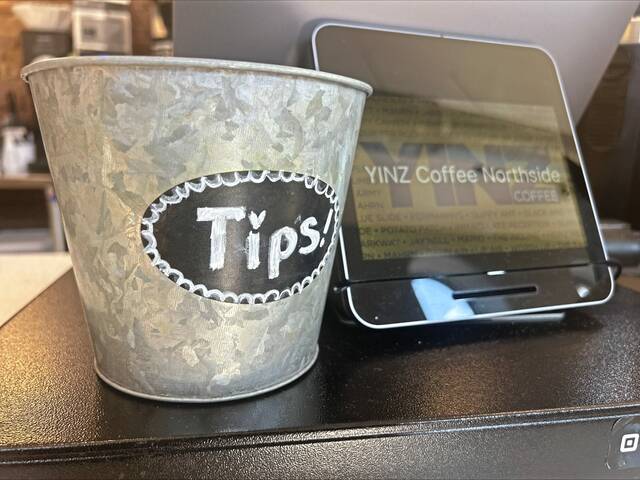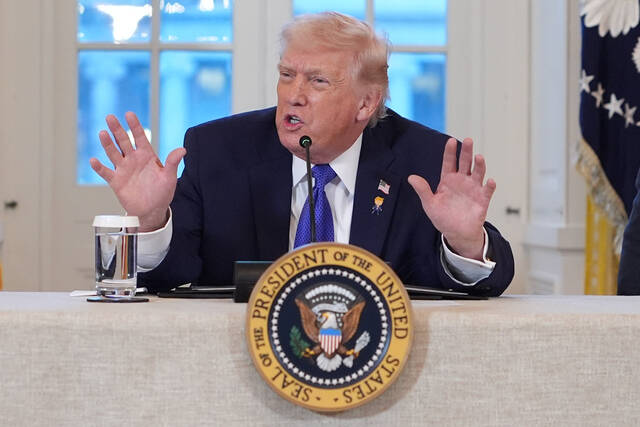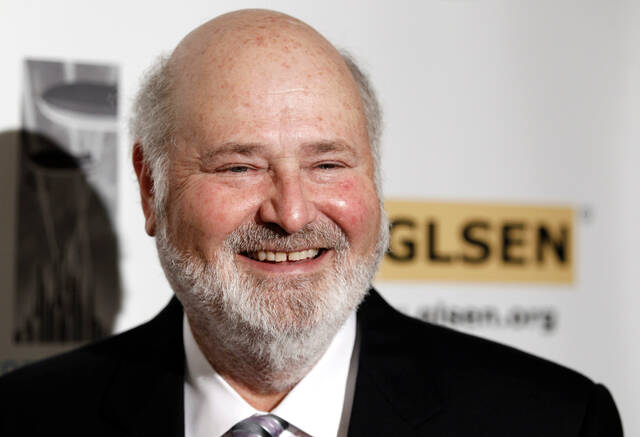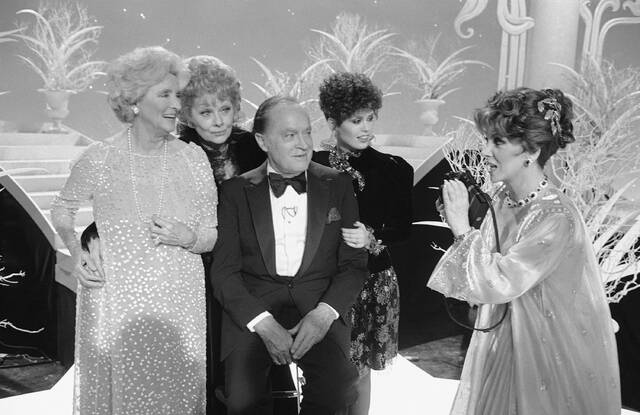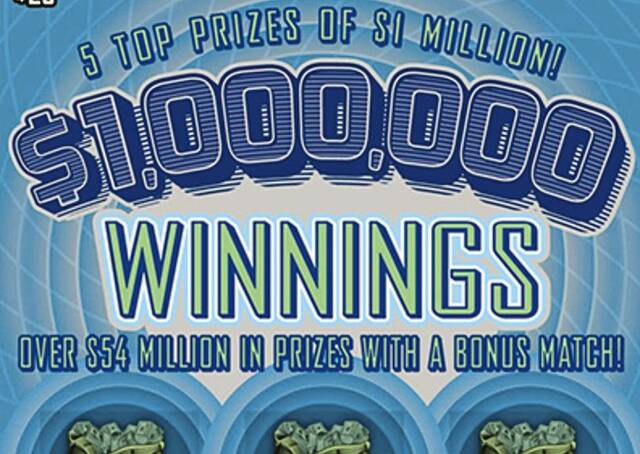Let me begin this column by stating for the record that I’m a big tipper. I say this certainly not to boast but so my overall theme isn’t misunderstood.
Well beyond the standard 20%, if a waitress/waiter does an especially good job, or tugs at my heartstrings, I err on the side of generosity. I routinely go 30%, 40%, 50%. I’ve even done 100% (a struggling single mom, a broke undergrad student) and then scurried away from the table. I don’t want to be thanked. I also don’t want others to see what I’ve done. I simply want to reward someone who deserves it.
Moreover, I leave 20% even if the waitress/waiter wasn’t very pleasant. After all, they get paid largely by tips. Perhaps the previous patron had stiffed them. Maybe a nice tip will affect them positively.
I say all of that as background to this statement: Tipping is getting ridiculous.
We’ve come to a strange place in American culture — exacerbated by electronic payments — in which we’re expected to add a tip for just about everything. This includes a myriad of functions that historically didn’t involve tipping. And of course, if you don’t respond by clicking the button that says 10%, 15%, 20% or more, you come off as a miserly ingrate. Worse, this adds substantially to overall costs in an inflationary economy.
An example that stands out is coffee shops. Because of the tipping function, I now pay $7-$8 for a cup of coffee. That’s ridiculous. And why are we tipping in that situation to begin with? The barista’s job is to get you a cup of coffee. It’s not like the barista is waiting on you in the way a restaurant server does. It strikes me as akin to tipping a grocery cashier (I expect to start seeing that any day now).
To be sure, I have nothing against baristas. Three of my kids worked as baristas. They actually share my complaint. They were paid a good wage (especially my daughter in New York City), well above minimum wage. Unlike a waitress/waiter, their earnings are not dependent on tips.
I should add that if they are underpaid and tip-reliant, that’s the fault of the employer.
In so many occupations, I’m seeing this repeatedly. Last weekend, I was in a pastry shop. The cashier who simply took our order was terribly rude. Nonetheless, when it was time to tap/swipe, my wife added the tip. You feel rude if you don’t. My son-in-law who witnessed the woman’s rudeness told us about an incident he just experienced when his dinner host was chased down by an incensed waitress angry over a mere 10% tip. She cursed them out in the street.
Not surprisingly, she didn’t deserve a big tip.
I’m struck when I travel abroad that some countries ban tipping. In Italy, where the food and wine are great and waitresses/waiters are fun and happy, they don’t allow tipping. Even if you try, they refuse. They view their service as their job.
But beyond restaurants, this all begs the question of where to draw the line on who to tip. A barista? A bartender? The hairdresser/barber? The AAA guy who tows your car (I tip him, if I have cash)? The cashier who rings you up at Sheetz?
Increasingly, there seem to be few limits. And I’m sure it’s only going to get worse.


